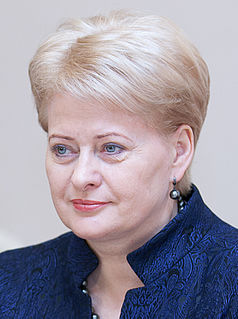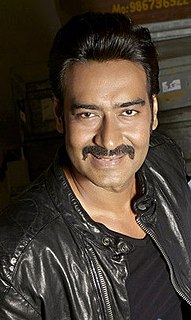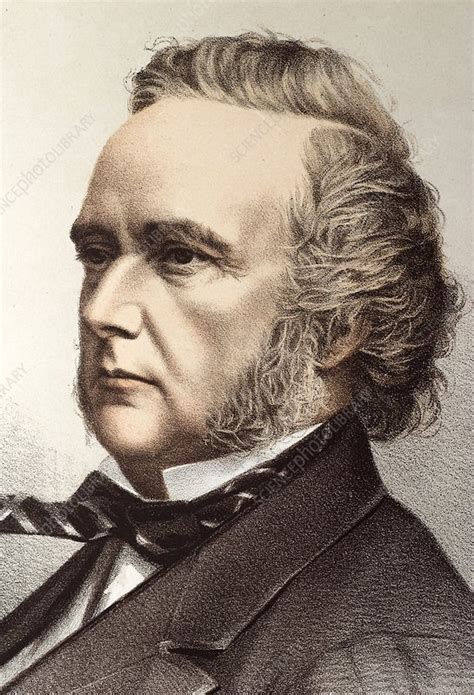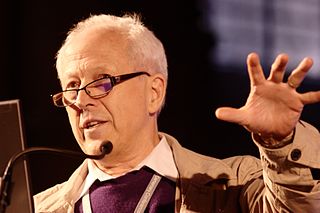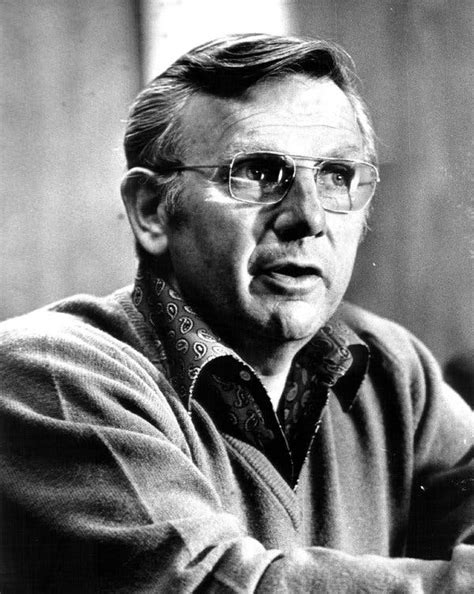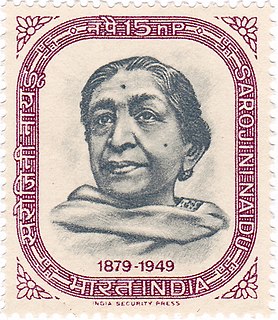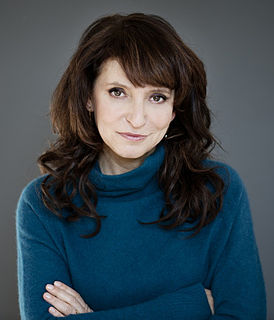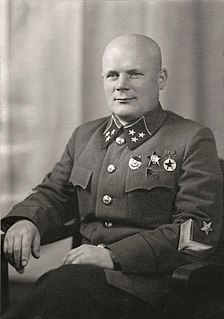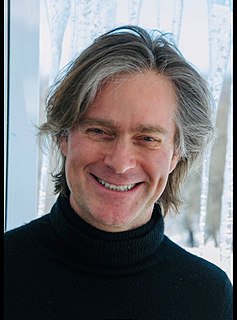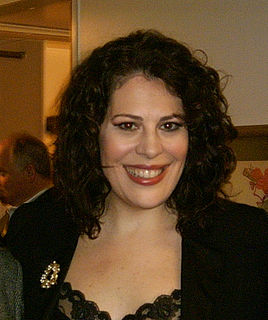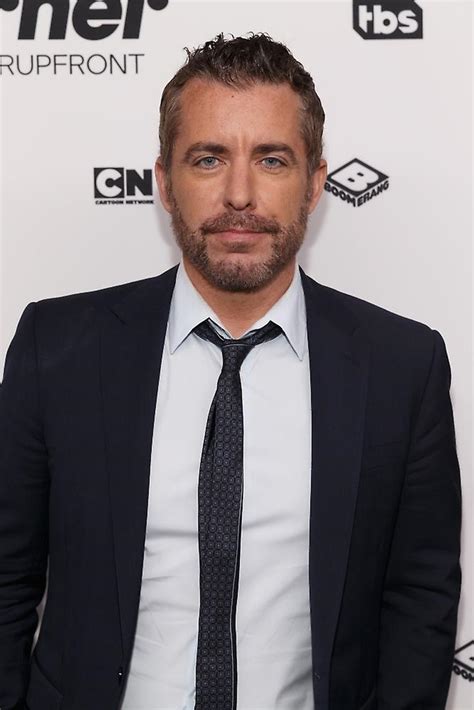Top 1200 Moral Ethics Quotes & Sayings - Page 20
Explore popular Moral Ethics quotes.
Last updated on November 15, 2024.
In professions where the criteria of professionalism, expertise, good manners and ethics apply, the gender aspect, i.e., whether a person is a man or woman, is not relevant at all. What is important is that citizens' confidence in politicians and the politics is strong enough to make politicians proud of their profession.
So long as the mental and moral instruction of man is left solely in the hands of hired servants of the public--let them be teachers of religion, professors of colleges, authors of books, or editors of journals or periodical publications, dependent upon their literary incomes for their daily bread, so long shall we hear but half the truth; and well if we hear so much. Our teachers, political, scientific, moral, or religious; our writers, grave or gay, are compelled to administer to our prejudices and to perpetuate our ignorance.
The Shadow is a moral problem that challenges the whole ego-personality, for no one can become conscious of the shadow without considerable moral effort. To become conscious of it involves recognizing the dark aspects of the personality as present and real. This act is the essential condition for any kind of self-knowledge, and it therefore, as a rule, meets with considerable resistance. Indeed, self-knowledge as a psychotherapuetic measure frequently requires much painstaking work extending over a long period of time.
If there is no absolute moral standard, then one cannot say in a final sense that anything is right or wrong. By absolute we mean that which always applies, that which provides a final or ultimate standard. There must be an absolute if there are to be morals, and there must be an absolute if there are to be real values. If there is no absolute beyond man's ideas, then there is no final appeal to judge between individuals and groups whose moral judgments conflict. We are merely left with conflicting opinions.
When we assume God to be a guiding principle well, sure enough, a god is usually characteristic of a certain system of thought or morality. For instance, take the Christian God, the summum bonum: God is love, love being the highest moral principle; and God is spirit, the spirit being the supreme idea of meaning. All our Christian moral concepts derive from such assumptions, and the supreme essence of all of them is what we call God.
I join cordially in admiring and revering the Constitution of the United States, the result of the collected wisdom of our country. That wisdom has committed to us the important task of proving by example that a government, if organized in all its parts on the Representative principle unadulterated by the infusion of spurious elements, if founded, not in the fears & follies of man, but on his reason, on his sense of right, on the predominance of the social over his dissocial passions, may be so free as to restrain him in no moral right, and so firm as to protect him from every moral wrong.
The Christian faith, simply stated, reminds us that our fundamental problem is not moral; rather, our fundamental problem is spiritual. It is not just that we are immoral, but that a moral life alone cannot bridge what separates us from God. Herein lies the cardinal difference between the moralizing religions and Jesus' offer to us. Jesus does not offer to make bad people good but to make dead people alive.
The American people are not ready for the idea that everyone has at least a moral right to good, timely health care. They do agree they have a moral right, in critical cases, to have anything done to save their life, but they don't believe that anyone has a right not to fall that sick to begin with. So if you ask me, "Are we ever succumbing to some notions of solidarity as a nation?," I would say, "Not at all." I would describe us as a group of people who share a geography. That's a better description of Americans than that we're a real nation with a sense of solidarity.
To speak of ‘limits to growth’ under a capitalistic market economy is as meaningless as to speak of limits of warfare under a warrior society. The moral pieties, that are voiced today by many well-meaning environmentalists, are as naive as the moral pieties of multinationals are manipulative. Capitalism can no more be ‘persuaded’ to limit growth than a human being can be ‘persuaded’ to stop breathing. Attempts to ‘green’ capitalism, to make it ‘ecological’, are doomed by the very nature of the system as a system of endless growth.
We need strong Christians who can persevere against hardship, who can sustain hope through tragedy, who can lift others by their example and their compassion, and who can consistently overcome temptations. We need strong Christians who can make important things happen by their faith and who can defend the truth of Jesus Christ against moral relativism and militant atheism. What is the source of such moral and spiritual power, and how do we obtain it? The source is God. Our access to that power is through our covenants with Him.
There could never be enough rules so finely crafted as to anticipate and cover every situation, and even if there were, enforcement would be impossibly expensive and burdensome. This approach leads to diminished freedom for everyone...In the end, it is only an internal moral compass in each individual that can effectively deal with the root causes as well as the symptoms of societal decay. Societies will struggle in vain to establish the common good until sin is denounced as sin and moral discipline takes its place in the pantheon of civic virtues.
It is quite useless to declare that all men are born free if you deny that they are born good . Guarantee a man's goodness and his liberty will take care of itself. To guarantee his freedom on condition that you approve of his moral character is formally to abolish all freedom whatsoever, as every man's liberty is at the mercy of a moral indictment which any fool can trump up against everyone who violates custom, whether as a prophet or as a rascal.
In some socialist states well-performed work is rewarded with moral stimulants instead of material ones. However, the moral stimulants cannot be explained by materialistic philosophy. It is the same case with the appeals for humanism, justice, equality, freedom, human rights, and so forth, which are all of religious origin. Certainly, everybody has the right to live as he thinks best, including the right not to be consistent with his own pattern. Still, to understand the world correctly, it is important to know the true origin of meaning and of the ideas ruling the world.
You do just have to go back to moral philosophy and you've got to say, okay, there is greed, people do want more and more, but then what restrains them and what restrained them in the past was a view of life in which one's satisfaction wasn't the most important thing, that you just, you needed enough and you could say, "Enough is enough." Maybe religion will get you there, maybe just classic moral philosophy, but you have to have some of that, or else you're always on the gravy train.
So often times we see these films that erode human dignity...films that deny the transcendent moral order of the moral universe. They're always eroding natural affections for families. Fathers betray their commitments, children's are always portrayed as brats and disobedient, marriages are always in crisis and struggle. I think (for) most of us, that's not the lives we live. We're always being challenged, we always have challenges but we love our families, we love our spouse, we love our children.
A crucial turning point in that earlier history occurred when men and women of good will turned aside from the task of shoring up the Roman imperium and ceased to identify the continuation of civility and moral community with the maintenance of that imperium. What they set themselves out to achieve instead - often not recognizing fully what they were doing - was the construction of new forms of community within which the moral life could be sustained so that both morality and civility might survive the coming age of barbarism and darkness.
Art is not and never has been subordinate to moral values. Moral values are social values; aesthetic values are human values. Morality seeks to restrain the feelings; art seeks to define them by externalizing them, by giving them significant form. Morality has only one aim - the ideal good; art has quite another aim - the objective truth... art never changes.
